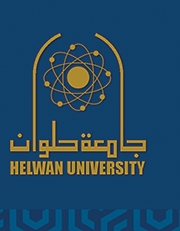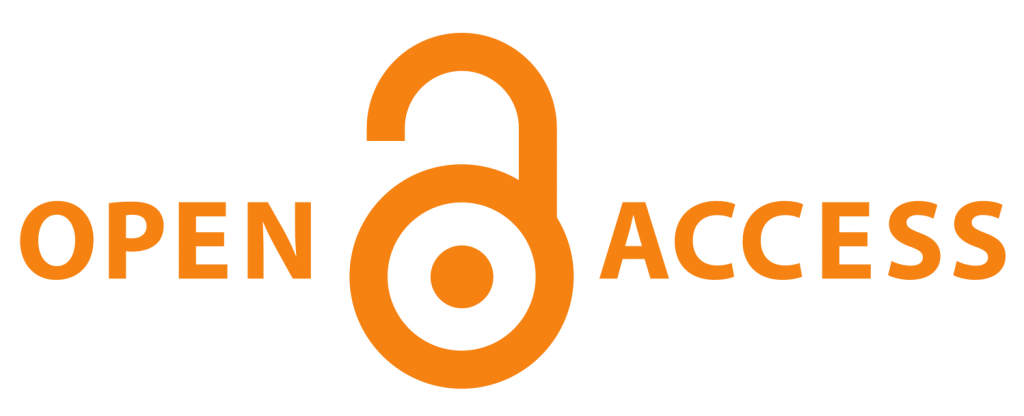Abstract
In this comprehensive research paper, the authors scrutinize the integration of Generative Artificial Intelligence (GAI) into design education methodologies with a focus on the twin objectives of enhancing creativity and operational efficiency. Leveraging an array of research methods ranging from literature reviews to case studies and empirical analyses the paper presents a well rounded exploration of how emerging AI technologies can redefine design education. Notably, the study highlights the immense potential of AI-powered tools in augmenting creativity. It asserts that GAI can act as a catalyst for spawning novel creative ideas, diversifying design variations, and expediting the exploration of complex design alternatives all within a constrained time frame. The methodology involves an objective and statistical analysis of work generated during a workshop, offering insights into the relationship between human creativity and AI-enabled design processes. Despite the palpable benefits, the study also uncovers a set of challenges hindering seamless AI integration into design curricula. These challenges range from the need for specialized, in-depth training on AI technologies for designers to mastering the nuances of prompt engineering. The paper also raises ethical considerations related to AI-generated designs, as well as flags potential biases present in AI algorithms. The authors conclude by stressing the imperative of acknowledging and addressing these challenges head-on to ensure both responsible and effective incorporation of GAI into design education.
Recommended Citation
Hashem, Ola Ali and Hakeem, Moukid Badie
(2024)
"Design Education Methodology Using AI,"
Journal of Art, Design and Music: Vol. 3
:
Iss.
1
, Article 11.
Available at: https://doi.org/10.55554/2785-9649.1030
Final Research
Design Education Methodology Using AI Final.docx (2802 kB)
Creative Commons License

This work is licensed under a Creative Commons Attribution-NonCommercial-No Derivative Works 4.0 International License.







